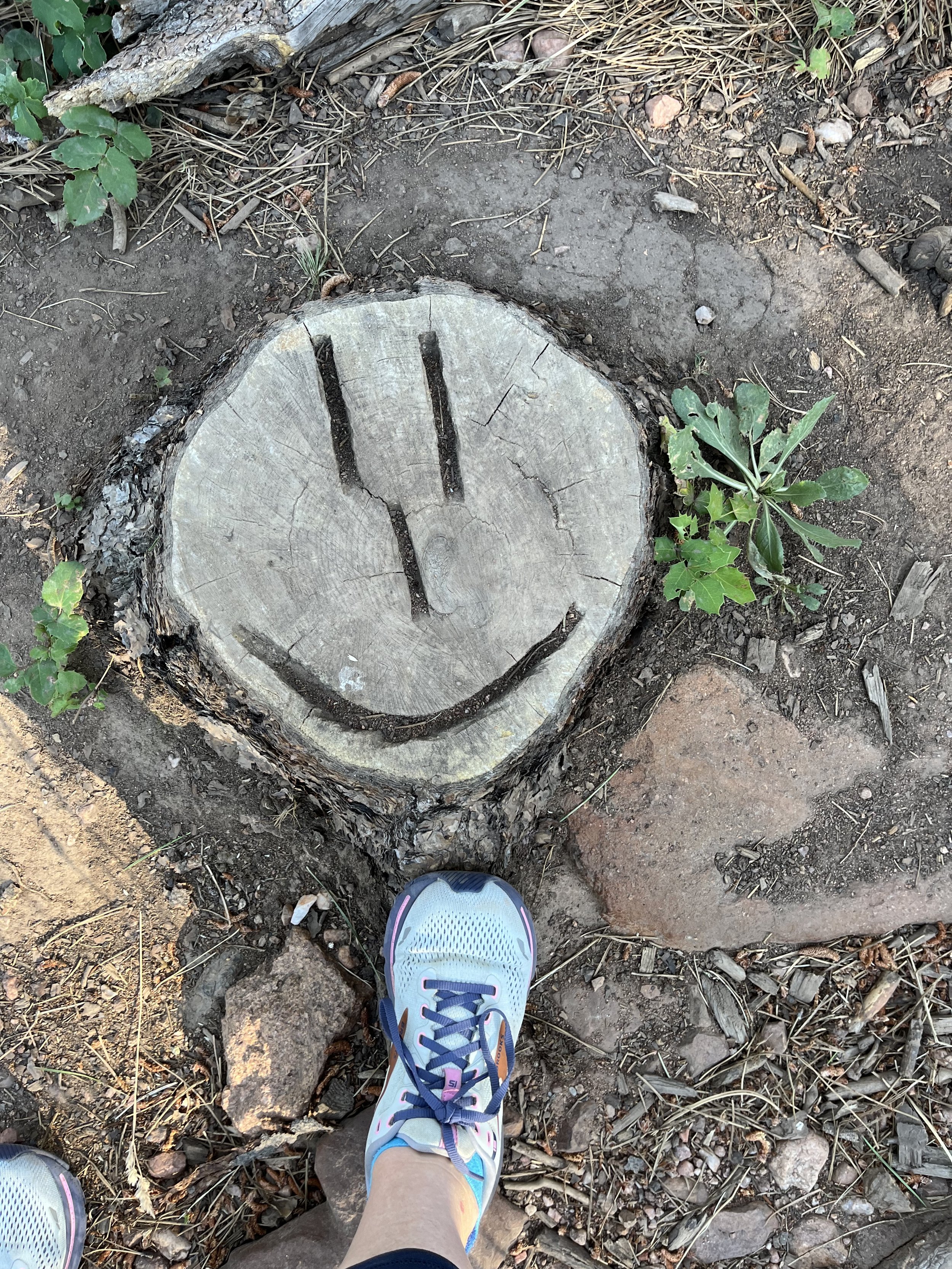Sometimes when a project or goal feels too big, I remind myself about Atomic Habits—a book I love and an approach to focusing on tiny steps, process, and habits rather than where anxiety wants me to go—focusing on results.
Lately, this has worked well for me to start running more again (and enjoying it). For the past 12 weeks, I’ve focused on running 4 days a week, any amount, any speed, with as much walking as I want. I’m focusing on rebuilding a habit, getting outside, having fun, and time on my legs. I’m not worrying about results. As I get stronger, and the habit sticks and feels good, I can layer on other pieces (speedwork, hills, getting ready for a 10 mile race I love).
Most summers, including this one, I’m helping 4-5 AmeriCorps programs design their next evaluation studies. We talk about where they are in their evaluation and evidence history/journey, what they want to learn next, before going deep into deciding what type of study they should do (a process study, an outcomes study, a quasi-experimental study) and how (methods, doing it internally or hiring an external evaluator).
One thing worth considering is not just what kinds of results or evidence they hope to build, but what their experiences have been (or not been) in collecting and using data, in doing a study internally, or hiring and working with an external evaluator. Do they have time on their legs and some habits established before they sign up for the marathon?
As a developmental psychologist (and evaluator), I think about how needs, interests, abilities change over time and how contexts support growth. This includes whether and how an evaluation study is the right fit to where the program is at. Would I advise a new runner who just started this week to run 10 miles tomorrow? If they managed to run 10 miles without training, would it be an actual reflection of how well they could run? Would it cause harm vs. feeling good and strengthening them?
I was also trained in using the 5-Tiered Approach to Evaluation and ways that a program might learn and build evidence over time, adapting their approaches as their program gained experience, felt confident in the quality and consistency of implementation, etc. before focusing too narrowly on outcomes or certainly a comparison group.
So, consider, before leaping headfirst into a marathon, I mean, a complex study, how can you train not just for demonstrating positive results but how you can train for the research process itself? What are some ways you can collect and use some high-quality data? How can you get to know what it’s like to hire and work (well) with an external evaluator? What initial analyses or smaller, focused studies might you do that help you learn what’s involved in different aspects of evaluation? Are there ways I can help or point you to useful resources?
Here's a blog post I wrote about getting ready for an evaluation study in 2015.
What’s worked for you? Are you watching the Olympics? Getting outside this summer? Let’s inspire each other.
